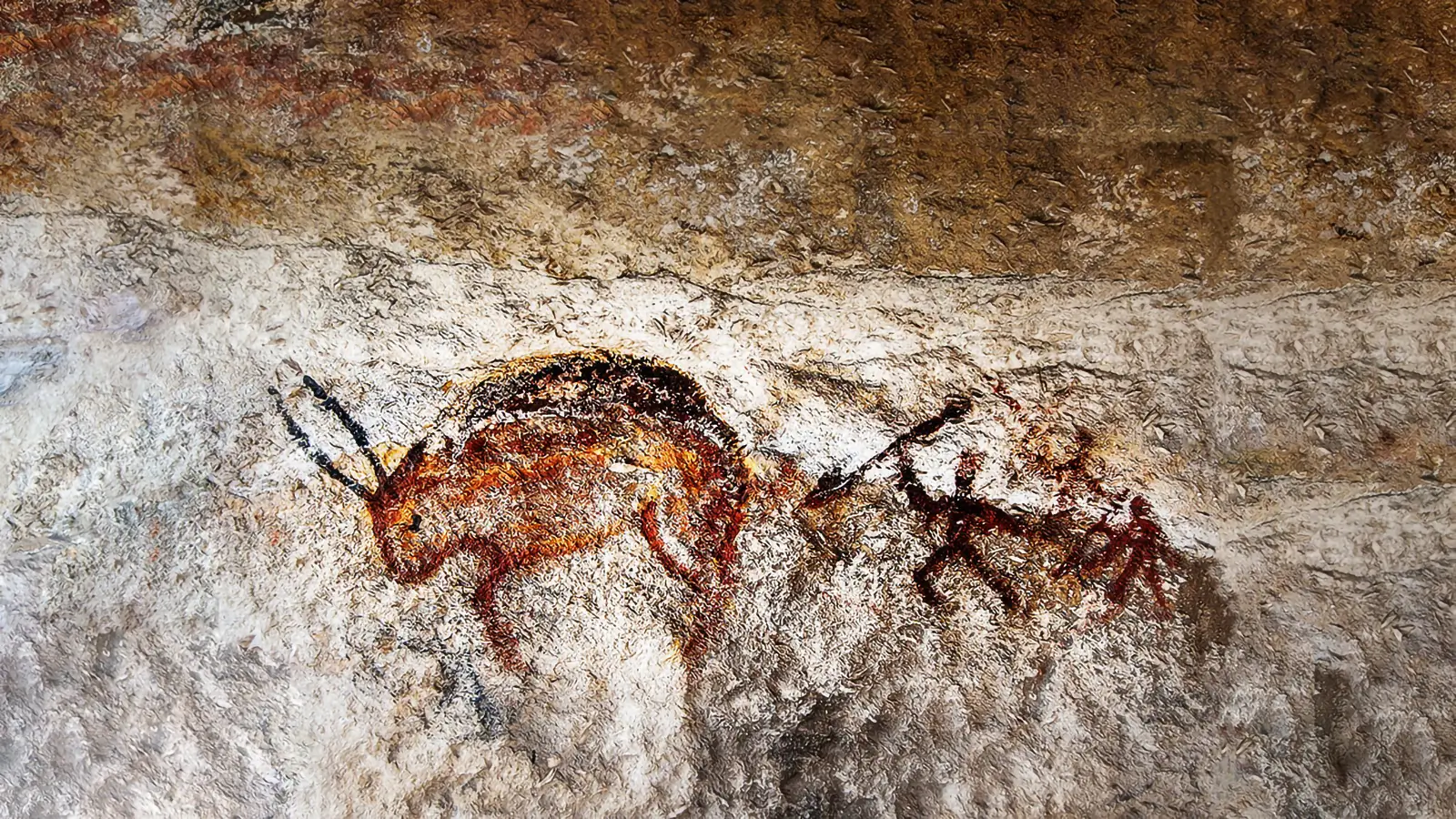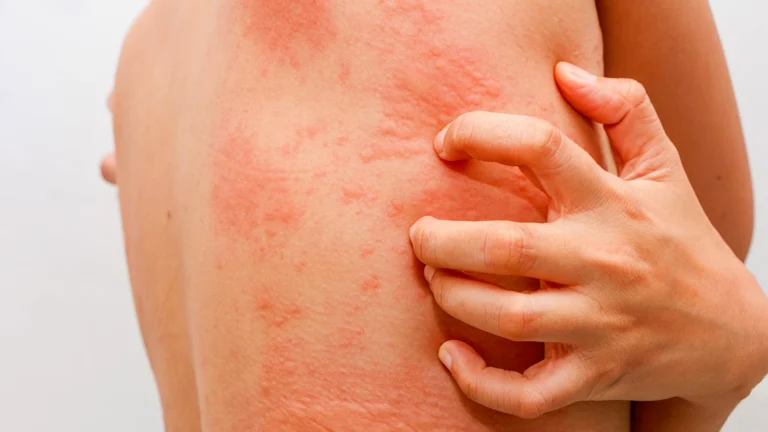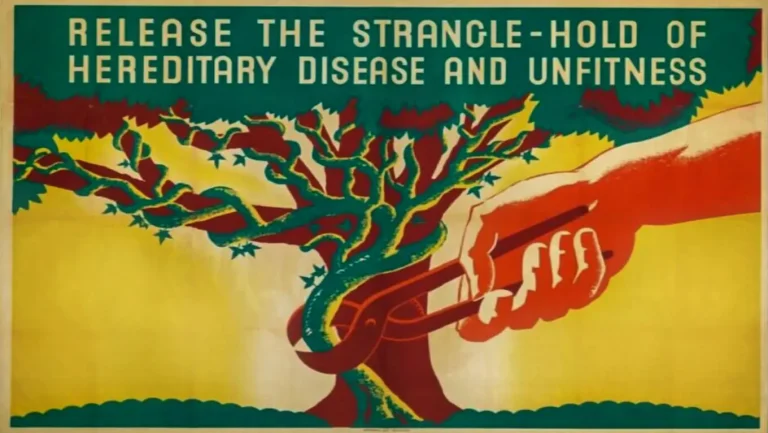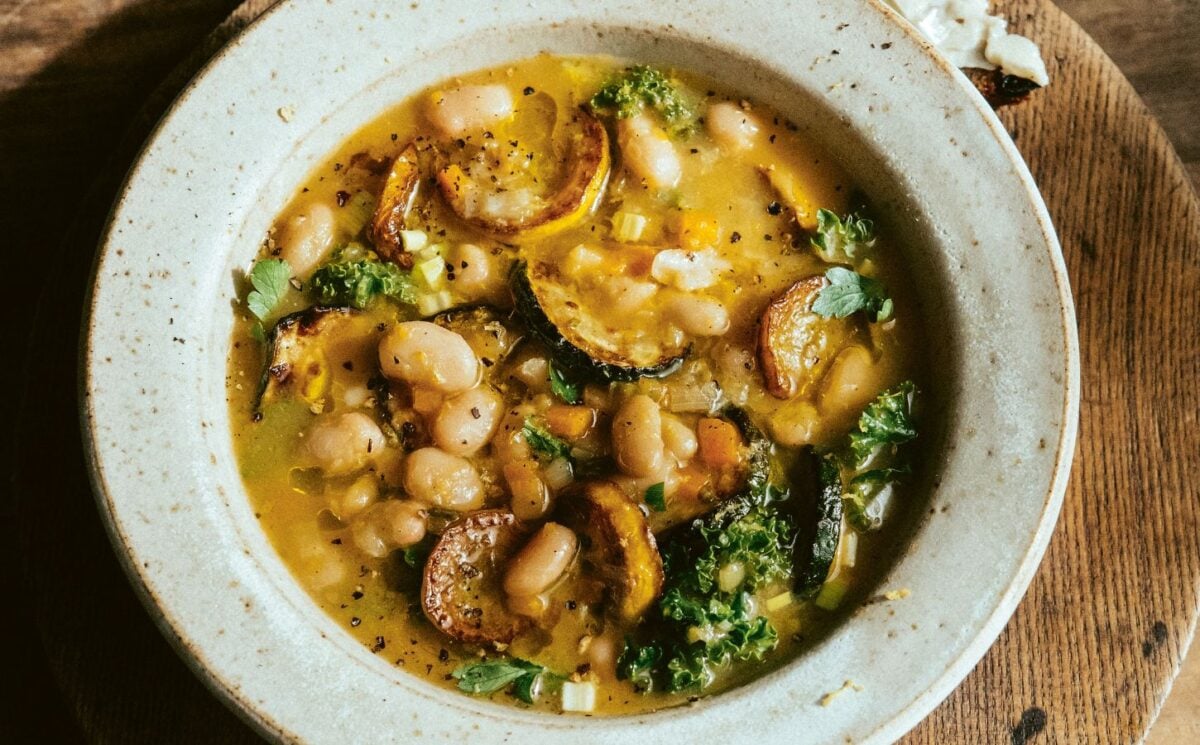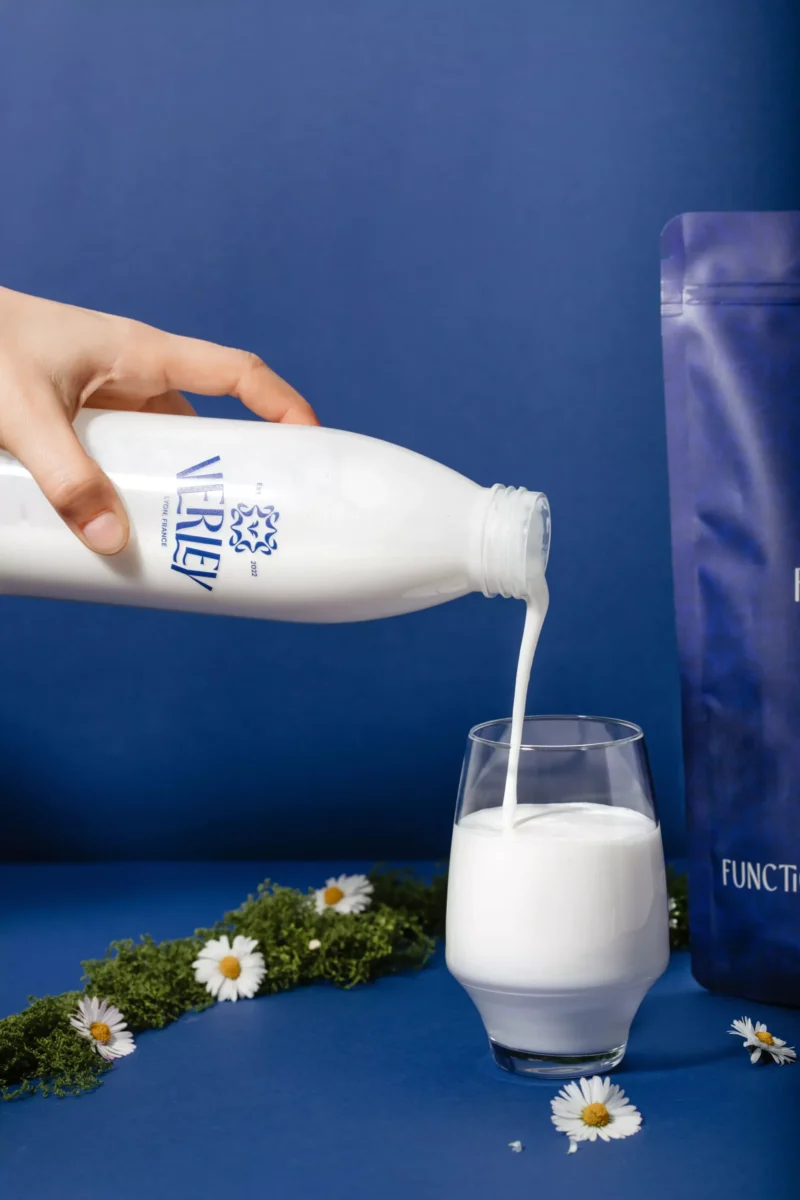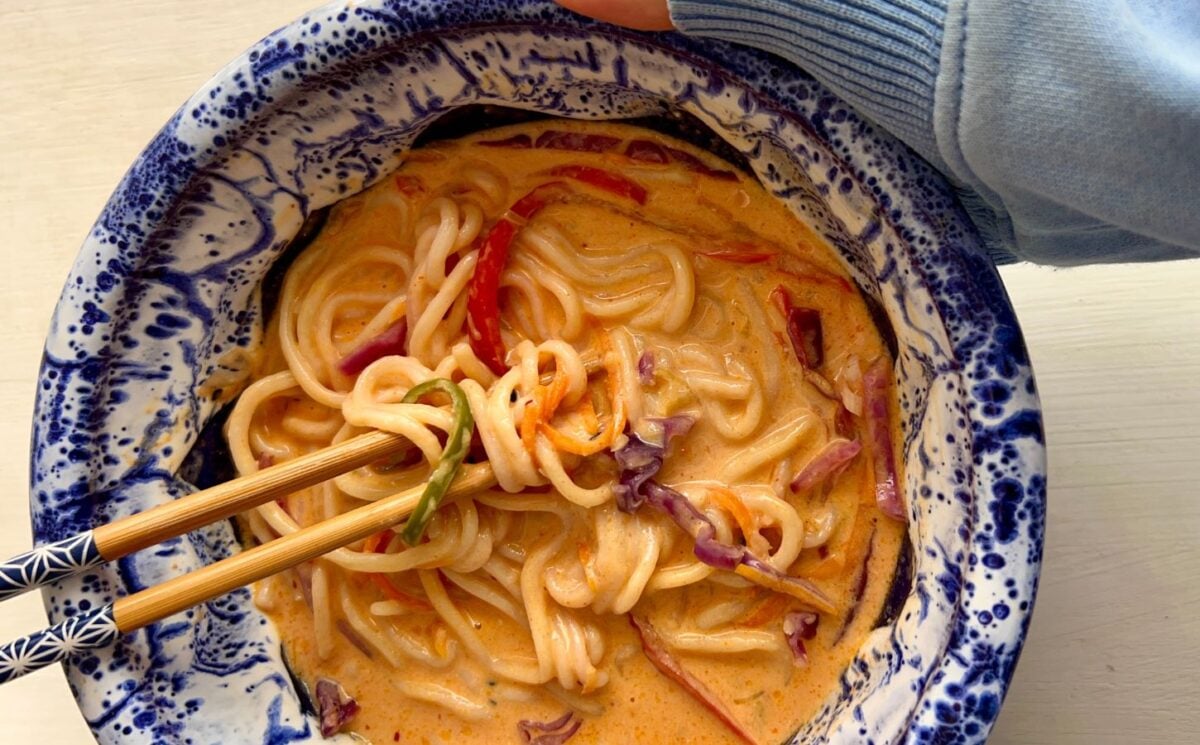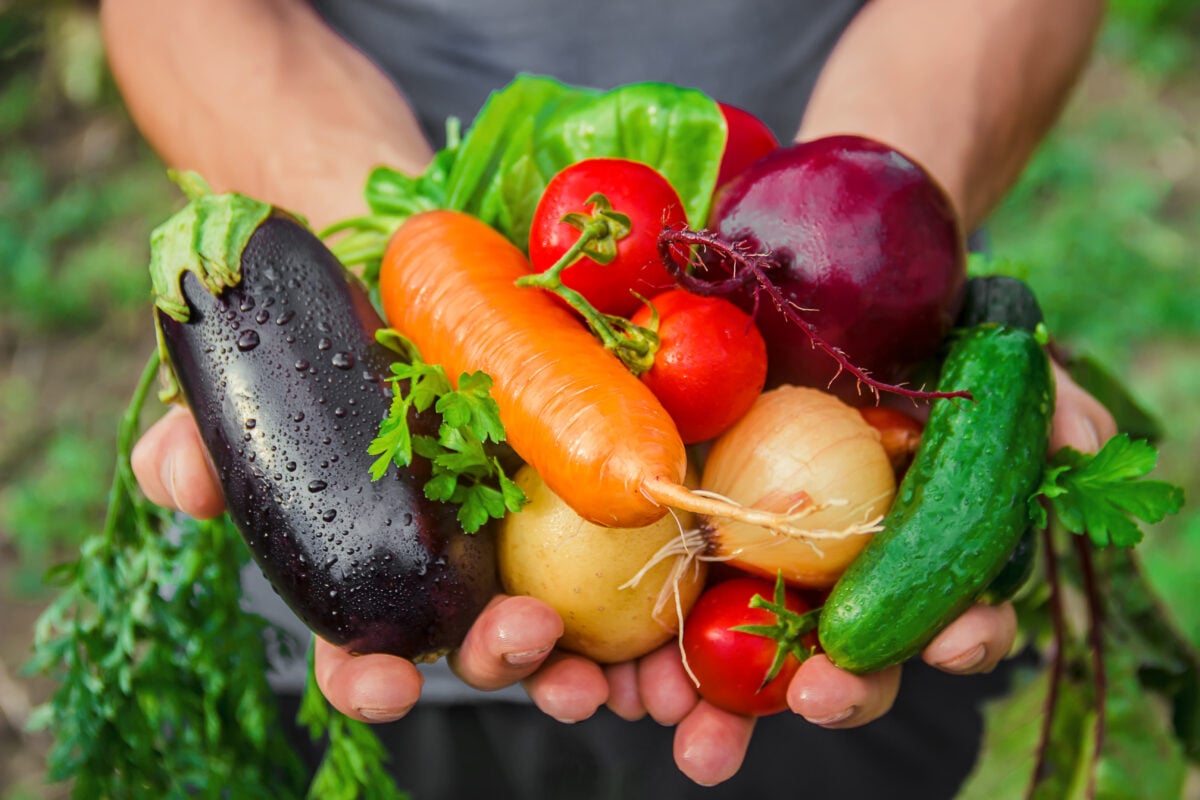Средиземноморская диета - “Чудо” оливкового масла
Рекламируемая как чудо оливкового масла, средиземноморская диета не имела ничего общего с любым маслом любого вида, за исключением того, что она может заменить сливочное масло и сало.
Милош Покимица
Автор: Милош Покимица
Медицинская Обзор: Доктор Сюйинь Ван, Доктор Медицинских Наук.
Обновлено 9 июня 2023 годаСтарая добрая здоровая средиземноморская диета. Продаваемое как чудо оливковое масло, не имеющее ничего общего с маслом вообще, за исключением того, что оно может заменить еще более худшие варианты, такие как обычные насыщенные жиры, например, сливочное масло и сало. Именно так воспринимал его даже отец средиземноморской диеты (Ключи, 1987). Если зайти на сайт pubmed.gov и поискать средиземноморскую диету, то будет получено около 5000 результатов. Средиземноморская диета - это множество диет в самых разных странах. Это может быть Марокко, Греция, Испания, Италия или другое место.
Однако, когда мы говорим о средиземноморской диете, подразумевается питание на острове Крит в эпоху после Второй мировой войны. А вот что дальше - большой вопрос: Почему сердечно-сосудистые заболевания были редкими в Средиземноморье? То есть на острове Крит после Второй мировой войны.
В 1948 году после войны и социально-экономического коллапса правительство Греции было обеспокоено проблемой недоедания и состоянием здоровья своих граждан. Они решили пригласить Фонд Рокфеллера с целью проведения эпидемиологического исследования на острове Крит. В 1952 году впечатленный низким уровнем сердечных заболеваний Ансель Киз, тот самый ученый, который руководил экспериментом по голоданию в Миннесоте, изучив данные, заметил связь между жирами, особенно насыщенными, и сердечными заболеваниями. Хотя в то время он не считал холестерин проблемой, поскольку это означало бы, что виноваты продукты животного происхождения. Связь между пищевыми жирами и сердечными заболеваниями была замечена еще раньше, в 1930-х годах, и оказала влияние на работу Киза, но данные с острова Крит заставили его написать об этом статью в 1953 году и выступить перед общественностью. Знаменитое исследование "Семь стран" началось пять лет спустя, в 1958 году, чтобы изучить опасения Киза (www.sevencountriesstudy.com). К 1960-м годам стало общепринятым мнение, что насыщенные жиры способствуют развитию сердечно-сосудистых заболеваний. В дальнейшем катализатором этих исследований стала диета жителей острова Крит. В 1970 году впервые было представлено исследование "Семь стран". Сам Киз дожил до 100 лет и в то время не был таким уж радикалом, как хотелось бы верить холестериновым путаникам. Он рекомендовал есть меньше жиров, имея в виду жиры в мясе и жиры вообще, такие как яйца (или хотя бы желтки) и молочные продукты, а вместо них есть больше рыбы и курицы. Фрукты и овощи он считал просто дополнительными продуктами питания, а уровень холестерина у него составлял около 200. Это далеко не здоровый показатель, но он дожил до 100 лет. Проблема заключалась в том, что он был врачом из той же системы, что и любой другой врач. Артериосклероз обычно не возникает в пожилом возрасте, как нам хотелось бы верить из-за холестериновой путаницы, из-за напряженного кровотока.
Артериосклероз - это болезнь, а не процесс старения. Мы можем пойти и посмотреть на артерии и измерить кровяное давление у бедных людей в таких местах, как Крит. Киз не видел истинной правды о том, какой была настоящая диета на Крите. Он думал, что это просто жир, и не видел проблемы в животном белке. Животный корреляция белков был упущен даже в таблицах. Он мутит воду, указывая только на жир.
Однако даже это было недостаточно хорошо. Даже это было чересчур. В 1966 г. Джордж Кэмпбелл и Томас Л. Клив опубликовали работу "Диабет, коронарный тромбоз и сахариновая болезнь". Они утверждали, что хронические заболевания Запада, такие как болезни сердца, язвы, диабет и ожирение, порождаются одним: "болезнью рафинированных углеводов". Это была бесконечная история. Она не прекращается и по сей день. Все есть ложь, которой противостоит противоположная ложь. Искусственно созданные диетические войны и путаница. Это была хорошая дизайнерская стратегия, которая за 70 лет ничего не изменила, кроме того, что затянула обычных людей в болезнетворную денежную петлю страданий. Даже в наше время это все та же старая история манипуляций. Например, в 2001 году в статье в журнале Science Magazine под названием "Nutrition: Мягкая наука о диетическом жире" Гэри Таубс писал:
"До сих пор остается спорным вопрос о том, увеличивает ли потребление насыщенных жиров сверх рекомендованного уровня всеми, кто еще не подвержен высокому риску сердечных заболеваний, вероятность преждевременной смерти... или же сотни миллионов долларов, потраченные на испытания, смогли создать убедительные доказательства того, что здоровые люди могут продлить свою жизнь более чем на несколько недель, если это вообще возможно, потребляя меньше жиров".
Люди спустя 70 лет считают, что средиземноморская диета полезна для здоровья благодаря оливковому маслу. Это отличная иллюстрация полуправды. Итальянские рестораны рекламируют себя как здоровую средиземноморскую диетическую кухню со спагетти карбонара и алкоголем. Уровень смертности от сердечно-сосудистых заболеваний на Крите в то время был не на 20 процентов, а в 20 раз меньше, чем в США. Мы статистически видим эти данные из таких мест, как сельский Китай, Крит, Окинава и так далее, и видим, что диета этих людей проста и похожа друг на друга. Насколько же надо быть глупым, чтобы не видеть реальную картину происходящего? Ученые со значительным уровнем образования - не глупые люди. У них шестизначные годовые доходы плюс бонусы. Они умные. А мы - нет. Наука о питании - это не секретные лабораторные исследования глубоко под землей военных двигательных установок. В области питания нет настоящих дебатов, а есть только целенаправленное создание реальной путаницы.
Что же ели на острове Крит в период после Второй мировой войны? Ответ один и тот же. Никакого мяса, яиц или молочных продуктов. Только пища бедняков: фрукты и овощи, зерновые, орехи и бобовые. То, что растет на месте. В цифрах, они ели более 90% растительной пищи, а мясо, рыба, молочные и яичные продукты вместе взятые - около 7%. Они ели немного оливкового масла, потому что оливки растут на Крите, но это не диета на оливковом масле. Или винная диета. В вине нет ничего полезного, кроме винограда. Лучше бы мы просто пили сырой виноградный сок. Если мы посмотрим на Грецию сегодня, что мы там найдем? Они занимают первое место в Европе по детскому ожирению. В том числе и на острове Крит. Как только экономика улучшается, мясо, сыр, сахар и алкоголь поступают в продажу. И курение тоже. В Греции уровень потребления табака превышает 40%. Средиземноморская диета не была местной специфической средиземноморской диетой, как итальянская кухня, греческая кухня или что-то подобное. Это была бедная диета без мяса, яиц и молочных продуктов, такая же, как во всех бедных или охваченных войной местах, и промышленность не любит об этом упоминать. Болезни сердца были редкостью в Греции. Была. Теперь уже нет. И даже на Крите во время войны некоторые богатые люди питались "нормально", то есть ели мясо каждый день, а не раз в две недели. Для них сердечные приступы тоже были в порядке вещей, в отличие от остальных простых людей, которых поразила бедность. Сегодня никто уже не ест настоящую средиземноморскую диету. Современная средиземноморская диета с преобладанием растительной пищи не является настоящей диетой из цельных продуктов. В ней преобладает белая мука, употребление масла и соли, а также алкоголь. На Крите не ели рафинированную белую пасту с фабрики с соусом из экстрагированного масла и бутылками вина. Алкоголь - известный фактор риска рака груди, даже если не принимать во внимание воспаление и токсичность. Такая еда не способствует здоровью. Ну, если не сравнивать ее с еще более худшим стандартным американским питанием. Так что да, средиземноморская диета полезнее обычной, но не настолько, как настоящая естественная диета человека. Диета на основе цельной растительной пищи.
Проблема в том, что обычная нормальная пища не вкусна, так как рафинированная полна соли, масла и сахар Поэтому почти никто не придерживается этого. С самого раннего возраста детям дают все эти химические вещества, которые мы считаем едой, поэтому мы пристращаемся к ним с детства и больше не имеем реальной основы для сравнения с тем, что представляет собой настоящая человеческая пища. Вот почему диета для бедных людей работает. Если отбросить холестерин, токсины и насыщенные жиры, которые поступают из продуктов животного происхождения, и проанализировать отдельные компоненты диеты на Крите, мы увидим, что на самом деле не зерновые защищают от сердечного приступа. Злаки были более нейтральны, а поскольку они были цельной пищей с клетчаткой, то не влияли на ожирение и диабет. Среди отдельных компонентов средиземноморской диеты наибольший эффект на снижение риска сердечно-сосудистых заболеваний оказывают зелень и орехи. Вегетарианцы, которые едят орехи, имеют более низкий риск сердечно-сосудистых заболеваний, чем те, кто их не ест, и сейчас на эту тему также существует ряд исследований. Вот одно из них (Guasch-Ferré et al., 2013) с выводом: "Увеличение частоты потребления орехов связано со значительным снижением риска смертности в средиземноморской популяции с высоким сердечно-сосудистым риском".
В орехах много масла, но также много клетчатки, поэтому масло усваивается не сразу, как жир из мяса или рафинированного масла, и в отличие от мяса или масла орехи богаты антиоксидантами и другими фитохимическими веществами. Еще одно преимущество орехов заключается в том, что при сочетании их с зеленью масло усиливает усвоение жирорастворимых химических веществ, которые содержатся в и без того полезных овощах. Нам не нужно переходить на низкокалорийную пищу, избегать употребления орехов и семян и питаться преимущественно крахмалом. Мы должны есть крахмал, орехи и все остальные продукты в максимально возможном разнообразии. До сих пор наука не связывала высокое потребление семян и орехов с какими-либо заболеваниями, включая ожирение, за исключением людей, страдающих аллергией. Как раз наоборот. Они полезны практически при любом заболевании. В бразильских орехах много селена, грецкие орехи защищают от рака, лигнаны в льняном семени являются одним из самых защитных химических веществ против рака молочной железы, а также содержат много омега-три масел, необходимых для работы мозга. Наши предки издавна употребляли в пищу сырые орехи и семена. Они являются нашей естественной пищей в той же мере, что и фрукты, зерно, молодые листья или другие зеленые листовые овощи.
Здоровое питание - это то, к которому мы эволюционировали и приспособились. Вот и все.
Ссылки:
- Киз А. (1987). Оливковое масло и ишемическая болезнь сердца. Ланцет (Лондон, Англия), 1(8539), 983-984. https://doi.org/10.1016/s0140-6736(87)90337-0
- Гуаш-Ферре, М., Булло, М., Мартинес-Гонсалес, М. Á., Рос, Э., Корелла, Д., Эструч, Р., Фито, М., Арос, Ф., Вернберг, Й., Фиол, М., Лапетра, Й., Vinyoles, E., Lamuela-Raventós, R. M., Serra-Majem, L., Pintó, X., Ruiz-Gutiérrez, V., Basora, J., Salas-Salvadó, J., & PREDIMED study group (2013). Частота употребления орехов и риск смертности в исследовании PREDIMED по вмешательству в питание. Медицина BMC, 11, 164. https://doi.org/10.1186/1741-7015-11-164
Похожие Записи
У вас есть какие-либо вопросы о питании и здоровье?
Я хотел бы услышать ваше мнение и ответить на них в моем следующем посте. Я ценю ваш вклад и мнение и с нетерпением жду вашего скорого ответа. Я также приглашаю вас следовать за нами на Facebook, Instagram и Pinterest для получения дополнительной информации о диетах, питании и здоровье. Там можно оставить комментарий и пообщаться с другими приверженцами здорового образа жизни, поделиться своими советами и опытом, а также получить поддержку и ободрение от нашей команды и сообщества.
Я надеюсь, что эта статья была для вас познавательной и приятной и что вы готовы применить полученные знания. Если эта статья оказалась полезной, пожалуйста поделиться с друзьями и родственниками, которым это может быть полезно. Никогда не знаешь, кому может понадобиться совет и поддержка на пути к здоровью.
– Вам Также Может Понравиться –

Узнайте о Питании
Милош Покимица - доктор естественной медицины, клинический диетолог, автор статей о здоровье и питании и консультант по вопросам питания. Автор серии книг Стать веганом? Обзор науки, он также управляет веб - сайтом natural health GoVeganWay.com
Медицинский Отказ от Ответственности
GoVeganWay.com предлагает вам обзоры последних исследований, связанных с питанием и здоровьем. Предоставленная информация представляет собой личное мнение автора и не предназначена и не подразумевается в качестве замены профессиональной медицинской консультации, диагностики или лечения. Предоставленная информация предназначена исключительно для информационных целей и не предназначена для замены консультации, диагностики и/или лечения у квалифицированного врача или поставщика медицинских услуг.НИКОГДА НЕ ПРЕНЕБРЕГАЙТЕ ПРОФЕССИОНАЛЬНЫМИ МЕДИЦИНСКИМИ СОВЕТАМИ И НЕ ОТКЛАДЫВАЙТЕ ОБРАЩЕНИЕ ЗА МЕДИЦИНСКОЙ ПОМОЩЬЮ ИЗ-ЗА ТОГО, ЧТО ВЫ ЧТО-ТО ПРОЧИТАЛИ Или ПОЛУЧИЛИ ДОСТУП Через GoVeganWay.com
НИКОГДА НЕ МЕНЯЙТЕ ОБРАЗ ЖИЗНИ Или КАКИЕ-ЛИБО ИЗМЕНЕНИЯ ВООБЩЕ ВСЛЕДСТВИЕ ТОГО, ЧТО ВЫ ПРОЧИТАЛИ В GoVeganWay.com ДО КОНСУЛЬТАЦИИ С ЛИЦЕНЗИРОВАННЫМ ПРАКТИКУЮЩИМ ВРАЧОМ.
В случае неотложной медицинской помощи немедленно позвоните врачу или 911. GoVeganWay.com не рекомендует и не одобряет какие-либо конкретные группы, организации, тесты, врачей, продукты, процедуры, мнения или другую информацию, которая может быть упомянута внутри.
Выбор редактора –
Милош Покимица - доктор естественной медицины, клинический диетолог, автор статей о здоровье и питании и консультант по вопросам питания. Автор серии книг Стать веганом? Обзор науки, он также управляет веб - сайтом natural health GoVeganWay.com
Последние статьи -
Новости , Основанные на растениях
-
Some Dogs Can Sort Toys By Function, Says New Study On Canine ‘Label Extension’
on Ноябрь 5, 2025
-
Courgette, Leek, White Bean And Kale Stew
on Ноябрь 5, 2025
-
Precision Fermented Dairy Proteins Receive ‘No Questions’ Approval From FDA
on Ноябрь 4, 2025
-
This One-Pan Ramen Is Ready In 30 Minutes
on Ноябрь 4, 2025
-
How to Make Fresh Vanilla Hemp Milk at Home
on Ноябрь 3, 2025
-
Animal Farming Is ‘World’s Biggest Cause Of Food Waste,’ Says Report
on Ноябрь 3, 2025
-
Butter Bean And Sweet Papas Coconut Stew
on Ноябрь 2, 2025
Главные Новости Эдравоохранения — ScienceDaily
- Nanotech makes cancer drug 20,000x stronger, without side effectson Ноябрь 6, 2025
A Northwestern team transformed a common chemotherapy drug into a powerful, targeted cancer therapy using spherical nucleic acids. The redesign dramatically boosted drug absorption and cancer-killing power while avoiding side effects. This innovation may usher in a new era of precision nanomedicine for cancer and beyond.
- Scientists may have found how to reverse memory loss in aging brainson Ноябрь 6, 2025
Virginia Tech researchers have shown that memory loss in aging may be reversible. Using CRISPR tools, they corrected molecular disruptions in the hippocampus and amygdala, restoring memory in older rats. Another experiment revived a silenced memory gene, IGF2, through targeted DNA methylation editing. These findings highlight that aging brains can regain function through precise molecular intervention.
- Scientists uncover meditation’s hidden side effectson Ноябрь 5, 2025
Meditation is widely praised for its mental health benefits, but new research shows that it can also produce unexpected side effects for some people—from anxiety and dissociation to functional impairment. Psychologist Nicholas Van Dam and his team found that nearly 60% of meditators experienced some kind of effect, and about a third found them distressing.
- Most Americans don’t know alcohol can cause canceron Ноябрь 5, 2025
Most U.S. adults don’t realize alcohol raises cancer risk, and drinkers themselves are the least aware. Scientists say targeting these misbeliefs could significantly reduce alcohol-related cancer deaths.
- A breakthrough map reveals how the brain really workson Ноябрь 5, 2025
Scientists have shown that brain connectivity patterns can predict mental functions across the entire brain. Each region has a unique “connectivity fingerprint” tied to its role in cognition, from language to memory. The strongest links were found in higher-level thinking skills that take years to develop. This work lays the groundwork for comparing healthy and disordered brains.
- A shapeshifting protein explains rabies’ deadly poweron Ноябрь 5, 2025
Researchers discovered how rabies virus exerts massive control over host cells with very few genes. A key viral protein changes shape and binds RNA, allowing it to infiltrate different cellular systems. This adaptability could explain the power of other deadly viruses, including Nipah and Ebola. The breakthrough may lead to next-generation antivirals or vaccines.
- Cockroaches are secretly poisoning indoor airon Ноябрь 5, 2025
Cockroach infestations don’t just bring creepy crawlers, they fill homes with allergens and bacterial toxins that can trigger asthma and allergies. NC State researchers found that larger infestations meant higher toxin levels, especially from female roaches. When extermination eliminated the pests, both allergens and endotoxins plummeted. The findings highlight how pest control is vital for cleaner, healthier air indoors.
Опубликованный, #веганская диета –
- Impact of in vitro digestion on the cytotoxicity and microbial viability of cholinesterase-inhibitor-rich vegan soups in human intestinal cell modelson Ноябрь 1, 2025
Vegan lunch soups formulated with mushroom, asparagus, leek, and sea buckthorn were previously developed by our team to provide a consistent daily intake of dietary cholinesterase inhibitors. Considering the proposed continuous consumption of these functional soups, it is essential to examine any cytotoxic responses that may occur in the gastro-intestinal tract. This work starts this topic by investigating the effect of in vitro digested soups towards selected human intestinal cells and…
- A 6-Month, Prospective, Multi-arm Study for the Efficacy of Standardized Nutraceuticals to Improve Hair Fiber Thickness and Strengthon Октябрь 31, 2025
CONCLUSIONS: This study demonstrates that ingestion of these bio-specific HGNs are associated with significantly enhanced hair shaft diameter and decreased breakage, resulting in longer, stronger hair across their intended populations. These findings support the use of these HGNs for hair thinning, offering alternative options for various populations for improving hair growth and thickness.
- Consumer Acceptance of Sustainable Cat Diets: A Survey of 1380 Cat Guardianson Октябрь 29, 2025
There is increasing awareness about the adverse environmental and ‘food’ animal welfare impacts associated with the production of meat-based pet food. However, little is known about cat guardians’ acceptance of more sustainable food choices for the global population of approximately 476 million pet cats. By surveying 1380 cat guardians, this study explored feeding patterns used by guardians, determinants of their cat food choices, and their acceptance levels of more sustainable cat food…
- Consumer Acceptance of Sustainable Dog Diets: A Survey of 2639 Dog Guardianson Октябрь 29, 2025
Interest in more sustainable diets for the global population of 528 million companion dogs is steadily increasing, encompassing nutritionally sound cultivated meat, vegan, and microbial protein-based dog foods. Factors driving these alternative dog foods include lower impacts on the environment, fewer welfare problems related to intensively farmed animals and wild-caught fish, and potentially superior canine health outcomes, relative to conventional meat-based dog food. Through a […]
- Beliefs and behaviours associated with vegetarian, vegan, and gluten-free diets among Canadians capable of bearing childrenon Октябрь 29, 2025
There is increased interest in self-selected exclusionary diet patterns, specifically vegetarian, vegan, and gluten-free (GF) diets, but there is a lack of research exploring the beliefs and behaviours surrounding these diets in Canadians capable of bearing children (CCBC). The goal of this study was to explore the beliefs and behaviours of CCBC who follow vegetarian, vegan, and/or GF diets using mixed methods. A self-administered online Qualtrics™ survey containing 102 questions was […]
Случайные сообщения –
Популярные сообщения -

Последние новости от PubMed, #растительная диета –
- Diet quality scores and incidence of cardiovascular events: A 4-year prospective study of patients in cardiology secondary care (BALANCE Program Trial)by Aline Rosignoli da Conceição on Ноябрь 5, 2025
As a modifiable determinant, dietary patterns are a crucial factor in the prevention of cardiovascular disease (CVD), as they account for more than half of all CVD-related deaths and disabilities. Thus, we aimed to assess whether changes in diet quality along with six a priori-defined diet scores were associated with the incidence of cardiovascular (CV) events during four years of follow-up of secondary care cardiology patients. We conducted a secondary prospective analysis of 1,704, 1,629 […]
- Dietary animal fat disrupts gut microbiota and aggravates Scl-cGVHD after allogeneic hematopoietic stem cell transferby Danielle D Millick on Ноябрь 5, 2025
Allogeneic Hematopoietic Stem Cell Transplant (allo-HCT) is an effective treatment for high-risk or relapsed acute leukemia. However, the frequent occurrence of graft-versus-host disease (GVHD) poses significant complications. Modifiable factors such as the gut microbiome and dietary regimen have the potential to influence the frequency and severity of GVHD. Previous studies in mouse models have shown a direct link between obesity and increased severity of GVHD. Analysis of human data has not…
- Dose-response effects of a mixed condensed and hydrolyzable tannin extract on methane production and diet digestibility using the in vitro gas production techniqueby Jordan M Adams on Ноябрь 5, 2025
Several studies have evaluated the impact of isolated condensed or hydrolyzable tannin extract (TE) supplementation for beef cattle on methane (CH4) mitigation and metabolic functions, but fewer have evaluated their combination. Our objective was to investigate changes in in vitro fermentation dynamics, CH4 production, neutral detergent fiber digestibility (ivNDFD), and ruminal volatile fatty acid (VFA) concentrations in response to the inclusion rate of a TE blend (Silvafeed ByPro; […]
- Molecular mechanism of tea polyphenols in alleviating tetrabromobisphenol A (TBBPA)-induced PANoptosis in carp (Cyprinus carpio) livers based on network toxicology and pharmacologyby Hongru Wang on Ноябрь 5, 2025
Tetrabromobisphenol A (TBBPA), characterized by extensive industrial utilization and low biodegradability, exhibits significant bioaccumulation potential in aquatic ecosystems, thereby posing substantial toxicological risks to aquatic organisms. Tea polyphenols (TP) are plant extracts with anti-inflammatory and antioxidant therapeutic potential. In this study, network toxicology and pharmacology approaches were employed to investigate the hepatotoxic mechanism of TBBPA and the […]
- Discovery of urinary biomarkers of kiwifruit intake in a randomized intervention studyby Zilin Xiao on Ноябрь 4, 2025
CONCLUSIONS: This study identified potential biomarkers of kiwifruit and developed a prediction model that may differentiate consumers. Further validation is necessary to confirm the reliability and generalizability of our findings.
- Nourishing the Skin: A Review of Diet’s Role in Hidradenitis Suppurativaby Jordan Beam on Ноябрь 4, 2025
Hidradenitis suppurativa (HS) is a complex skin condition influenced by both genetic and environmental factors. Increasing evidence points to diet as a key contributor to disease severity through systemic inflammatory pathways. A review of recent literature was conducted to evaluate the relationship between dietary patterns and advancement of HS. Pro-inflammatory diets such as the Western diet, leucine-rich diets, and brewer’s yeast were associated with HS exacerbation through mTOR activation…





